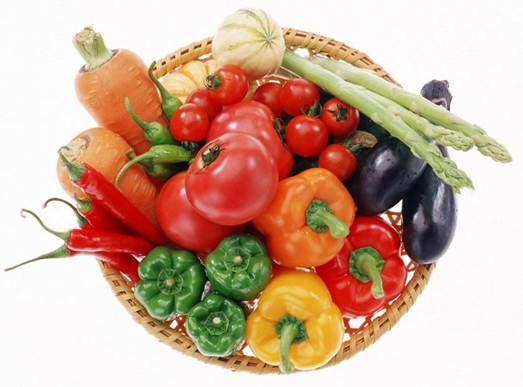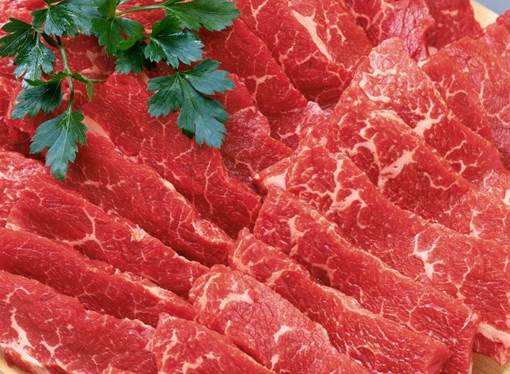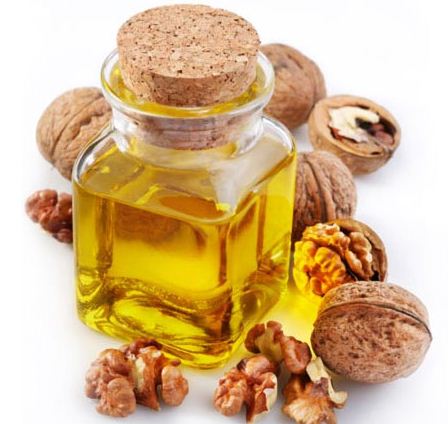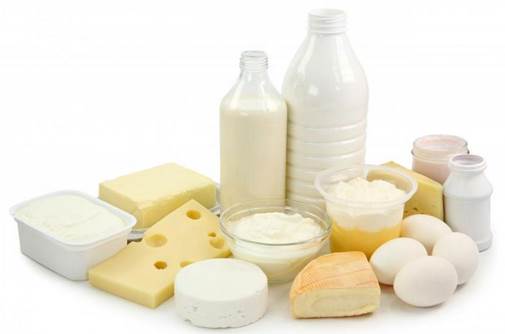This antioxidant is a fantastic
all-rounder. It helps to boost immunity, assists in healthy teeth and gums, and
promotes collagen synthesis for youthful skin, improves sperm health and piques
wound healing. Collins recommends Vitamin C for your "immune system to
fight infection and to be used in exercise as an antioxidant".
Care factor:
The human body lacks the ability to synthesize vitamin C, which means we depend
on dietary sources or supplementation to meet vitamin C quotas. Common signs of
Vitamin C deficiency include bleeding gums, fatigue and increased
susceptibility to infection/colds. The official deficiency of Vitamin C is
known as 'scurvy', which although uncommon, can still occur in adults and
children and is characterized by irritability, leg pain, and loss of appetite,
shortness of breath, fever, tissue hemorrhaging and pain.
Daily dose:
RDI for Australian adults is 45mg/day.
On a plate: Vitamin C is abundant in fresh
vegetables and fruits such as berries, guava, citrus fruits, kiwi fruit,
broccoli and sprouts. Chilies are also bursting with Vitamin C, so add some
heat to your next dish, with a single red chili providing 65mg of Vitamin C!

Vitamin
C is abundant in fresh vegetables and fruits
Saboteurs: Similar to other water soluble
vitamins, vitamin C is unstable to heat and light and absorption is decreased
from excessive coffee/tea, alcohol, cigarettes and aspirin.
·
Your wish: Youthful skin
·
Symptom: Bleeding gums
·
Best buds: Vitamin A, B5, B6, B12, E, calcium,
Folate, iron, magnesium, selenium and zinc. Bioflavonoid also help increase the
absorption of vitamin C by 35 per cent
·
Arch Enemies: Aspirin
·
Best time: Throughout the day, says Collins.
This water soluble vitamin is not stored and needs to be replenished regularly.
Iron (FE)
Little known fact: you can OD on some minerals, and iron is one of them. Sure, females
are particularly susceptible to iron deficiency and adequate supply is
essential during pregnancy, but "ensure you have a blood test to determine
whether supplementation is necessary", Collins warns.
Care factor:
Approximately 25 per cent of the population is at risk of being iron deficient.
Iron is essential in moving oxygen through the bloodstream, to prevent anemia
and tiredness, says Collins. Signs of deficiency include tiredness, pale inside
lower eyelid, inhibited cognition, menstrual problems, brittle nails, cold
sensitivity, increased bruising and weakness.

Red
meat
Daily dose:
18mg/day. Women of menstruating age have an increased demand for iron.
On a plate:
Red meat, almonds, avocado, liver, kidney, parsley poultry, wheat germ. 100g of
lean red meat provides around 1.1-1.5mg iron.
Saboteurs:
Take iron away from coffee, which can decrease absorption by up to 40 per cent.
Dairy can also bind to iron and inhibit absorption. Beware excess zinc, aspirin
and antacids.
·
Your wish: More energy
·
Symptom: Fatigue, cold sensitivity
·
Best buds: Vitamin B2, B12, C, copper and
selenium. Copper in particular is required for iron metabolism, and vitamin C
is required for its absorption.
·
Arch Enemies: Dairy and coffee
·
Best time: Morning, but not if it's when you
take your calcium supp, says Melanie McGrice.
Essential Fatty Acids (EFAs)
Put your Einstein hat on; this is trickier
than reversing into an angle car spot: omega-3 types EPA and DHA are
synthesized from alpha-linoleic acid (ALA). The body can't synthesize its own
ALA, or cousin linoleic acid (LA), so you need to get it from food or a supp.
But here's where you need a calculator: EFAs compete for the same enzyme, so an
abundance of one EFA may cause a diminished metabolism of the other.
Fortunately, most good quality fish oils provide the correct ratio. No wonder
it's called brain food.
Care factor: Typical western diets tend to
be higher in omega-6 fatty acids, which can cause imbalance and inflammation.
Collins recommends fish oils "to make skin glow, increase brain power and
development, as well as reducing joint pain as an anti-inflammatory".
Deficiency can result in dermatitis, acne, dry skin, brittle hair, joint
stiffness/pain, respiratory infections, and varicose veins, and recent research
links high intakes of fish and omega-3 fatty acids to decreased rates of major
depression.
Daily dose: The Australian Heart Foundation
recommends about 500mg/ day of DHA and EPA and 2g/day of ALA to lower one's
risk of coronary heart disease. McGrice recommends "choosing the fish oil
supplements with the highest percentages of EPA and DHA".
On a plate: ALA: flaxseeds (linseeds),
walnuts, walnut oil and canola oil; LA: nuts, seeds, soybeans; DHA/EPA: oily
fish like salmon, mackerel, tuna and cod.

The
body can't synthesize its own ALA, or cousin linoleic acid (LA), so you need to
get it from food or a supp.
Saboteurs:
If you're on anticoagulant medication such as aspirin and warfarin, be wary of
high doses of EFAs.
·
Your wish: Brain power, glowing skin
·
Symptom: Dry skin and hair
·
Best buds: Vitamin A, B3, B6, E, bioflavonoid,
magnesium selenium, zinc.
·
Arch Enemies: Anticoagulant meds
·
Take these morning and night with food. If
you're taking EFAs for joint pain, it is best to take them in the evening to
assist your joints in repairing throughout the night.
Calcium (Ca)
About 99 per cent of calcium in the body is
found in bones and teeth, so there is no doubting this mineral is vital for a
healthy skeleton! "Calcium is essential for bone growth and strength and
used in muscle contractions," says Collins.
Care factor:
'Hypocalcaemia' is the clinical deficiency of calcium. Deficiency causes bone
breakdown as the body must use all stored calcium to maintain normal functions.
Chronic deficiency can therefore result in serious diseases such as
osteoporosis, which affects an estimated 692,000 Australians (2008), over 80
per cent of whom are women. Immediate symptoms of moderate deficiency include
cramps, joint pains, heart palpitations, insomnia, brittle nails, eczema and
limb numbness.

"Calcium
is essential for bone growth and strength and used in muscle
contractions," says Collins.
Daily dose:
RDI for Australian adults is between 1,000-1300mg/day. Requirements increase
for menopausal women, who absorb less calcium and lose an additional 30mg in
urine. Collins recommends "taking a blood test to determine levels",
before supplementing.
On a plate:
Dairy foods, legumes, tofu, kale, broccoli, spinach, rhubarb, nuts and seeds. A
glass of milk (around 200mL) provides 300mg of calcium.
Saboteurs:
Take at different time to magnesium and zinc, which can affect its absorption.
Excess caffeine, dietary fat, dietary fiber and high protein diets can lead to
in high calcium excretion.
·
Your wish: Strong bones
·
Symptom: Insomnia
·
Best buds: Vitamin D and exercise enhances
absorption
·
Arch Enemies: Magnesium and zinc
·
Best time: Any time, with food